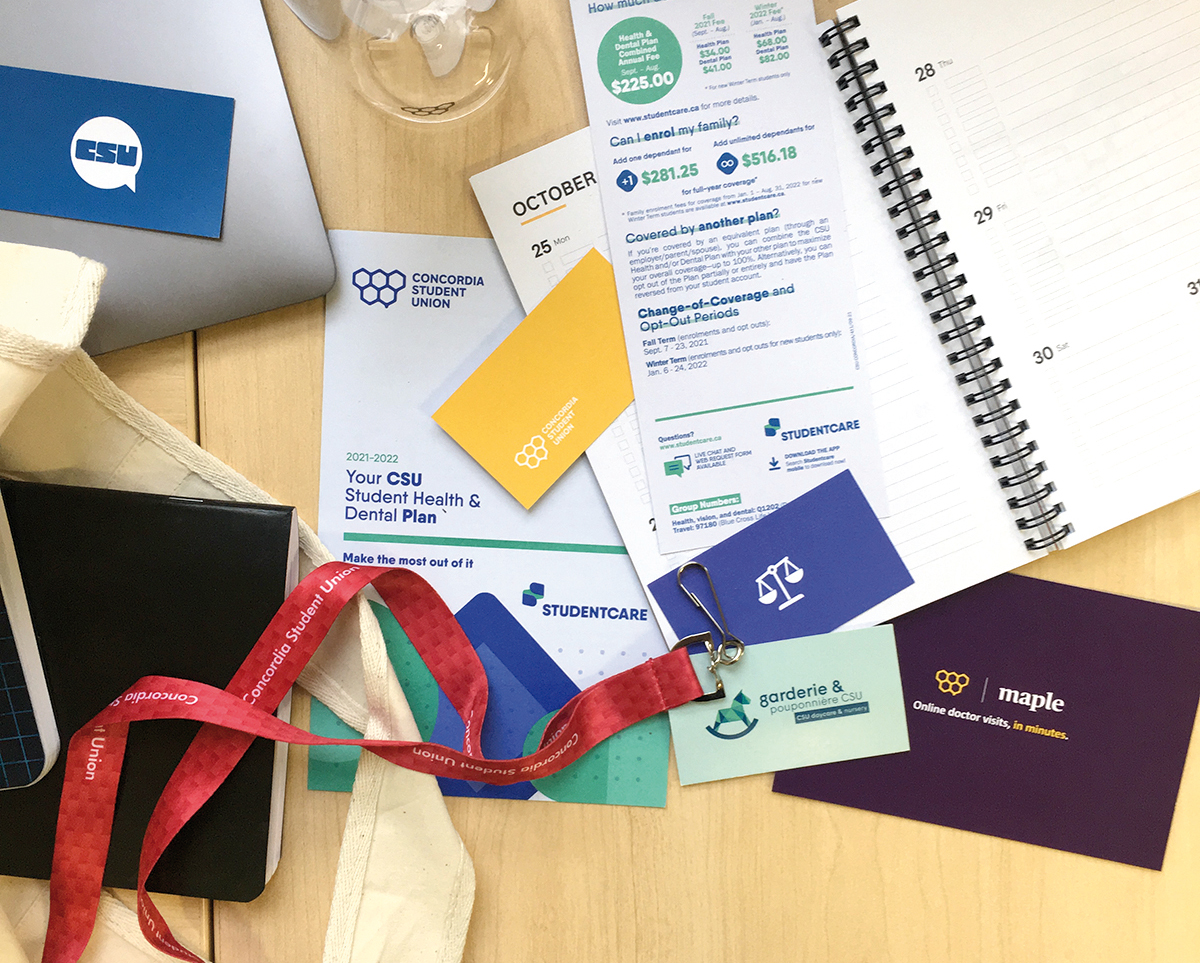The Arts and Science Federation of Associations (ASFA) moves forward in educating and representing marginalized communities by providing a new anti-oppressor educator
The Arts and Science Federation of Associations (ASFA), representing all Concordia undergraduate students in the Faculty of Arts and Science, recently hired Malek Yalaoui based on a recommendation by Nadia Chaney, another facilitator. Yalaoui is a Montreal-based writer, advocate, and public speaker who works to support marginalized communities at the university.
Yalaoui has previously worked at McGill for the Social Equity and Diversity Education (SEDE) Office, supporting and advocating for racialized and ethnic students. She uses her work to highlight both her own voice and the voices of people of colour.
Additionally, she’s co-founder of SistersInMotion, an organization that welcomes BIPOC women and provides them with a platform to express themselves through art and other creative forms during annual shows.
“I was actually doing spoken word poetry,” Yalaoui said. “I went to a lot of poetry slams and competitions and I found the same thing there that exists, in every other sector of our society, which is, who was being lauded and lifted up and so often I felt like the voices of women of colour in particular weren’t getting the due that they deserved. And so I began this organization with a good friend of mine.”
Since leaving McGill in 2018, Yalaoui has been working as a facilitator for different small businesses and non-profit organizations working to help workplaces be more equitable.
Yalaoui said her work experience has helped her be more equipped for her current position in the ASFA as the new Care, Culture and Equity Commissioner (CCEC), through her previous work.
Part of her job is to ensure the implementation of ASFA’s policy on harassment, discrimination and violence, which was first adopted in 2018. This will require her to support and train the investigative committee, a group of AFSA councillors and members at large in charge of harassment complaints and other issues.
ASFA’s Mobilization Coordinator Payton-Rose Mitchell said prior to hiring Yalaoui, students used to report harassment complaints to the mobilization coordinator. Now, Yalaoui, “is the point of entry for students wishing to discuss their experiences of harassment, discrimination and violence within ASFA.” If an investigation is called, Yalaoui is responsible for participating in the role of a chair.
Her job also requires her to work with a task force of primarily students of colour, which would look at racialized sexual violence and discrimination. Mitchell said ASFA inaugurated the task force in compliance with a settlement agreement made between ASFA and two different former executives who faced sexual violence and racism during their time on the executive team.
According to Mitchell, ASFA’s fee-levy raise in 2020 allowed the organization to begin to pay task force members $300 a month, “to share and discuss their experiences with of harassment and Discrimination within the ASFA community, and make recomonations to the ASFA Council.” Prior to 2021, members of the task force participated on a volunteer basis.
“ASFA has recognized that a toxic culture of competition among past executives and a lack of institutional support has forced marginalized members out of the federation. The focus of the task force is to shift ASFA’s culture by making informed changes to policy and procedure, as well as by building and delivering workshops on anti-oppression to ASFA and MA executives. This is also really cool because it’s an opportunity to provide paid work for BIPOC members to influence change within our student associations,” said Mitchell.
Yalaoui will also work with students who are well trained and equipped to work with the members of the faculty to offer anti-oppressive and anti-racism resources.
She has emphasized the importance of working to break down and understand microaggressions, implicit biases, and other racist patterns within the university.
“We don’t want to look at these [student complaints] as an isolated incident. We want to understand the context in which they’re happening, and see what we can do to address that context,” said Yalaoui.
Moving forward, Yalaoui plans to examine policies and improve them. She believes in addressing barriers in systemic perspectives.
One example is the harassment policy. Where traditionally two people are involved, Yalaoui wishes to broaden this policy to consider everyone involved, including the bystanders.
“When [these incidents] happen, a whole community of people is actually getting involved,” she said.
Another plan which is currently being worked on, is to change the culture of harassment that can often be implicitly or explicitly prevalent among people.
Yalaoui hopes to see more training about harassment, especially regarding how to recognize it in the first place and ensure that such instances don’t happen again.
“The goal is not punishment. The goal is change.”
Photograph by Kaitlynn Rodney
